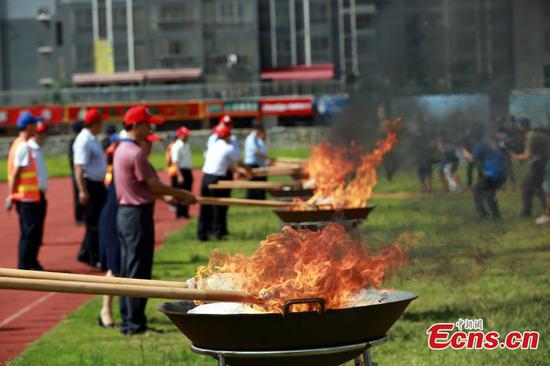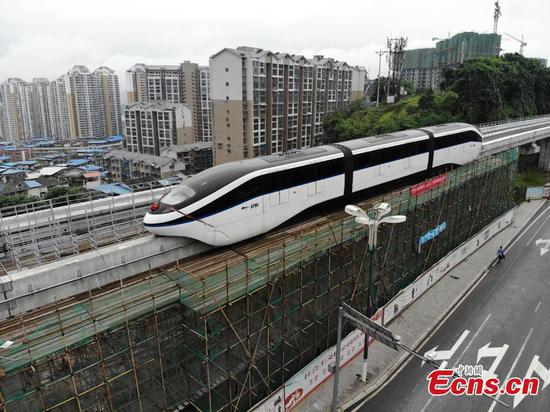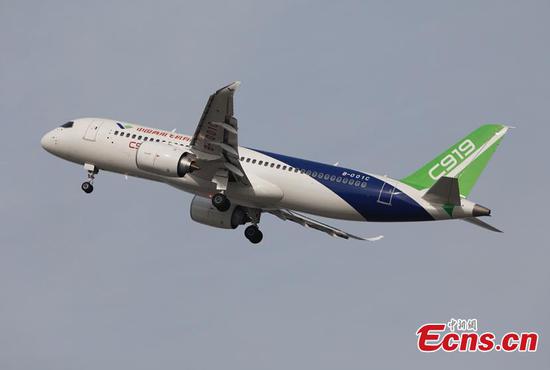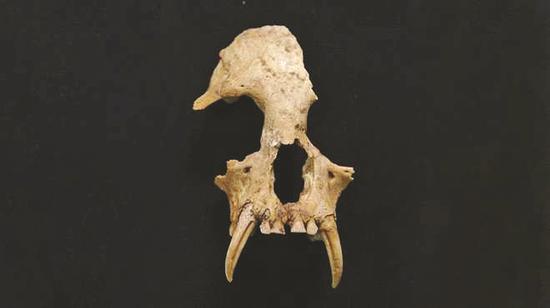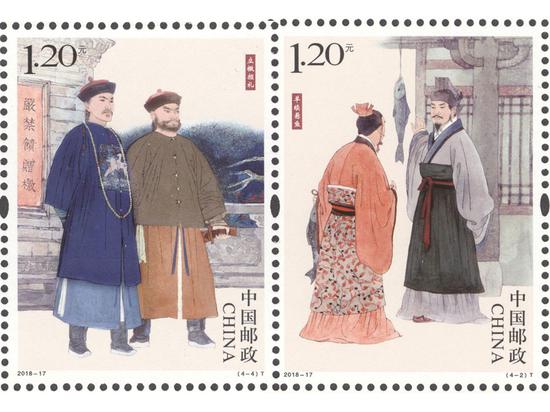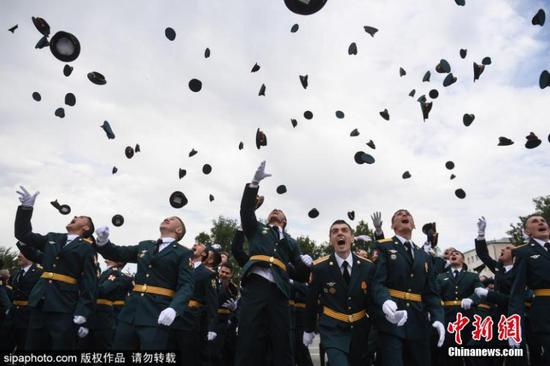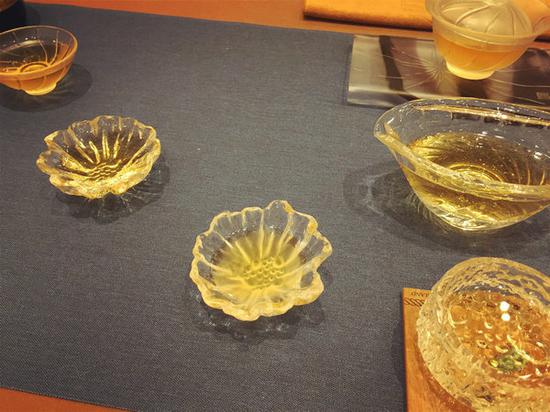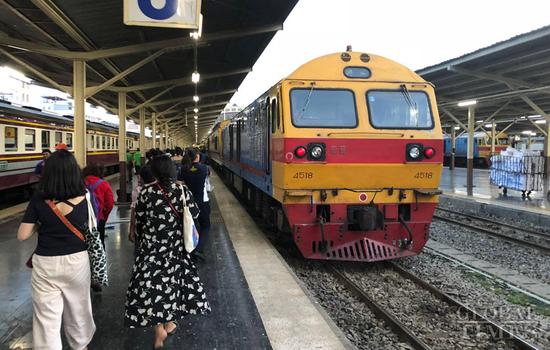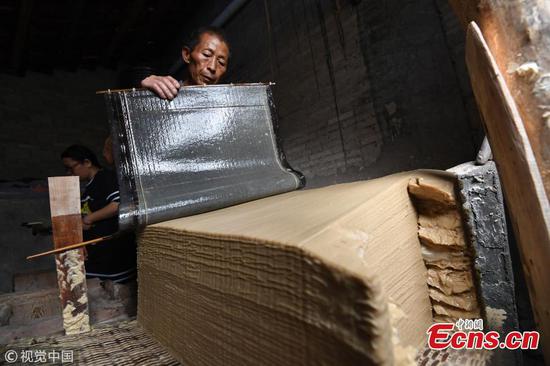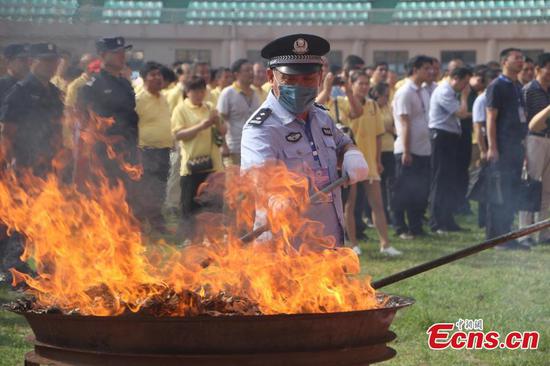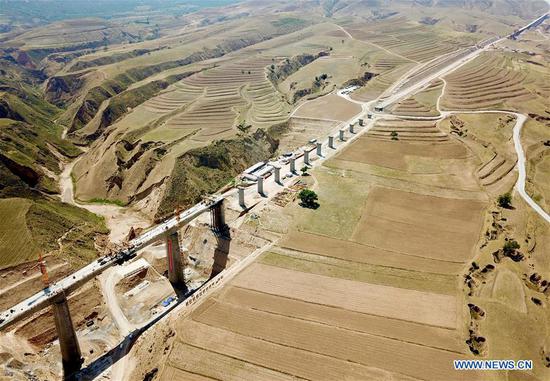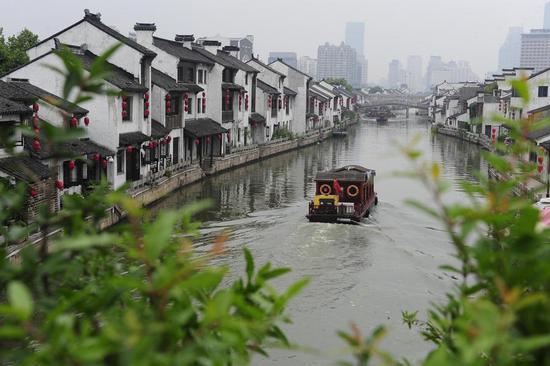It's the largest nail manufacturer in the United States, and unless it gets a reprieve from the Trump administration's 25 percent tariff on steel imports, company executives say it will go out of business or move to Mexico.
Mid Continent Nail Corp in Poplar Bluffs, Missouri, population 17,000, laid off 60 of its 500 workers on June 15, and the company plans to cut 200 more by the end of July because of the tariff.
On March 1, President Donald Trump announced he would impose tariffs of 25 percent on imported steel and 10 percent on imported aluminum to save American jobs, effective June 1.
Mid Continent gets steel for its nails from parent company Deacero in Mexico. Deacero must pay the 25 percent tax for importing materials shipped to Mid Continent despite that the steel is being sent to its own company.
The last major nail supplier in the country says the tariff has caused a 50 percent drop in sales, an increase in its prices and driven customers to buy cheaper nails elsewhere.
The company is in danger of shutting production by Labor Day unless the Commerce Department grants it an exclusion from paying the tariffs, company spokesman James Glassman told CNN on Tuesday. Mid Continent Nail is "on the brink of extinction," he said.
Glassman said if the company isn't granted an exclusion from the steel tariff it could go out of business or move to Mexico, where it could buy steel without the tariffs and then export finished nails back to the U.S. without tariffs, which only apply to raw materials.
"It's obviously an option," said Glassman about moving to Mexico. "It absolutely is something this company does not want to do. It wants to save the jobs in Poplar Bluff."
Elizabeth Heaton, spokeswoman for Mid Continent, said Wednesday that the company has applied to the U.S. Commerce Department for a tariff exclusion for the wire it uses. Its request is among some 20,000 being reviewed by the U.S. Commerce Department. In a June 20 Senate hearing, Commerce Secretary Wilbur Ross said Mid Continent had filed its exclusion request only two days earlier.
Mid Continent produces about 50 percent of the nails made in the U.S., according to Missouri Democratic U.S. Senator Claire McCaskill. The company's 2015 expansion in Poplar Bluffs included the addition of a new line, the hiring of nearly 100 workers and a $5 million investment. It is one of the largest employers in Missouri's Butler County. Average pay for workers at the 31-year-old company is $12.50 an hour
Mid Continent's problems have directly affected SEMO Box Company in Cape Girardeau, about 60 miles northeast.
Jim Powderly, co-owner of the 48-year-old box company, said on Monday that he had to lay off four of the company's temporary workers due to a downturn in business from Mid Continent. The company with about 35 workers has been in business with Mid Continent for more than 25 years.
Mid Continent is a part of Missouri that voted overwhelmingly for Trump in 2016.
One Trump voter was George Skarich, vice-president of sales at Mid Continent. He told the New York Times that he is so upset by the president's trade policies that he is lobbying the state's Democratic senator, McCaskill, for help.
"He ran on 'Make America Great Again,' and the point was to defend and protect jobs," Skarich was quoted by the newspaper on Saturday. "Now here is an action he decides to take that has the potential to cost 500 U.S. citizens their jobs."
State Senator Doug Libla, a Republican from Poplar Bluff and the former owner of Mid Continent, told Missourinet.com that slapping the company's U.S. trading partner in Mexico with a 25 percent tariff without taxing imports on finished products is devastating American manufacturers.
Powderly said, "I don't believe the administration had this in mind when they implemented the tariff. They were just trying to create more manufacturing jobs here at home.''
While Mid Continent might face more job cuts and eventually close, about an hour away in Marston, Missouri, population 543, Magnitude 7, the owner of a shuttered aluminum smelter, announced on March 9 that it will restart two of the plant's three production lines – one in May and a second one in November.
The company said that will give 450 workers back their jobs and potentially as many as 900 with future expansion. That would equal the number of jobs lost when the plant shut down two years ago and filed for bankruptcy protection under pressure from rapidly expanding Chinese aluminum imports.
Aluminum smelters are heavy users of electricity, and company officials said that a critical component to its decision to reopen was the ability to negotiate energy costs that would allow it to compete in the global aluminum market. And Trump's announcement of tariffs on steel and aluminum imports also will help.










